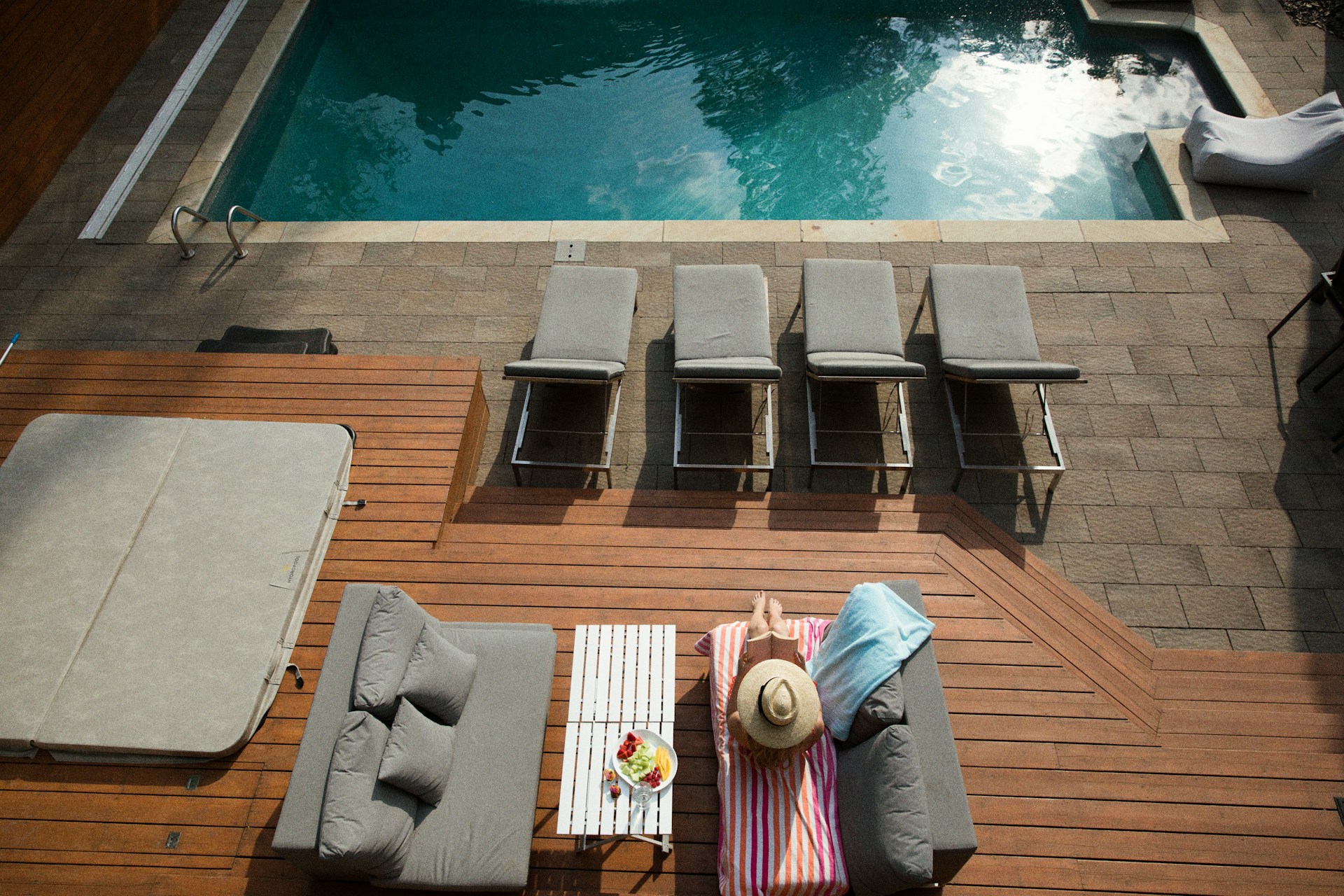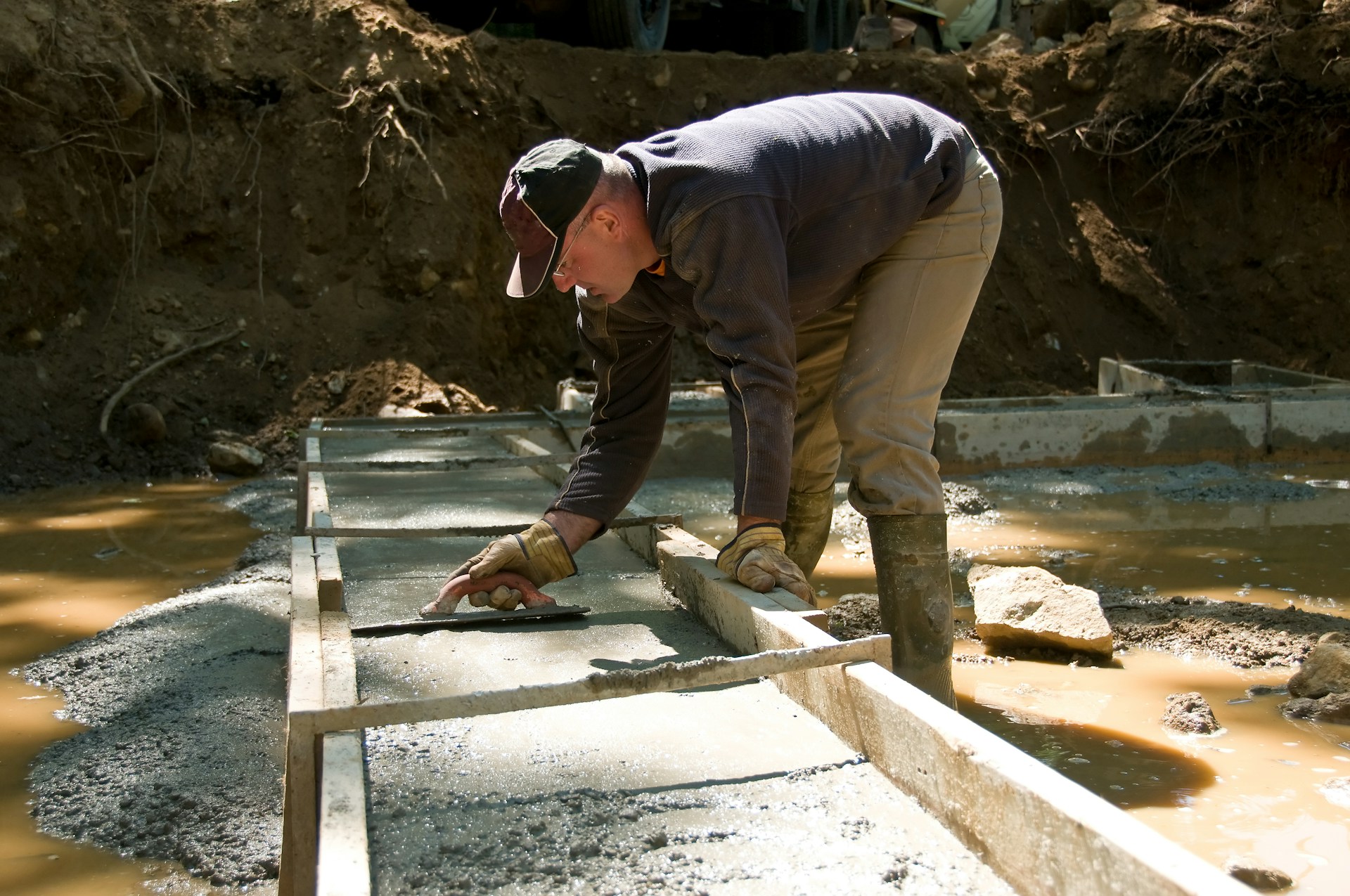Florida law requires that insurers include Catastrophic Ground Collapse coverage in all homeowners policies. The limits to this coverage are very specific and apply only to homes deemed “unlivable.” These are the homes you see on the news, swallowed by the earth and surrounded by caution tape. Catastrophic Ground Collapse accounts for only 1% of the total sinkhole-related claims.
Sinkhole coverage is different in that it insures the homeowner for sinkhole-related damage to the home. While rising coverage rates may tempt you to drop your sinkhole coverage, you must be aware that if you do so, any sinkhole-related damage up to the point of condemnation will no longer be covered.
Homes are built on a level foundation for a reason. Cracked floor tiles, and “sticking” doors and windows are common signs of a shifting foundation. Occasionally, sinkhole activity may damage expensive items as well, such as hardwood floors, screen enclosures and kitchen cabinets.
None of the damaged items above make a house “unlivable” by definition. If you opt out of Sinkhole Loss Coverage, not only would the soil remediation and/or foundation stabilization be your responsibility, but replacing “cosmetic” items would be as well.
Sinkhole remediation can be expensive, and the insurance industry in Florida has lobbied and succeeded in changing the law, allowing insurance companies to raise their premiums more than the previous 10% per year rate increase cap.
It’s easy to understand why insurance companies would want to increase their rates. Increased rates will do two things: convince more people to drop their sinkhole coverage, and increase the insurance company’s bottom line. My blog, “Watch Out for Property Insurance Policy Tricks,” discussed the tactics my insurance company used to convince me to switch my coverage.
Option 1: You may remove sinkhole coverage and receive a premium credit.
Option 2: You may choose a higher deductible for “Sinkhole Loss Coverage.”
Option 3 wasn’t listed, but in fine print it said if I did nothing then my sinkhole loss coverage policy would remain the same.
You may choose to roll the dice and take your chances by dropping coverage. It’s possible that you’ll never get a sinkhole. That begs the question … Which is worse: paying year after year for insurance and never having to use it, or needing insurance for a catastrophic loss but not having it? To me, insurance provides more than monetary coverage. It gives me peace of mind.
Helicon serves the entire State of Florida. Our services include Compaction Grouting, Underpinning, Chemical Grouting, Injection Piers, Helical Piers, and Pre Construction Piers.





